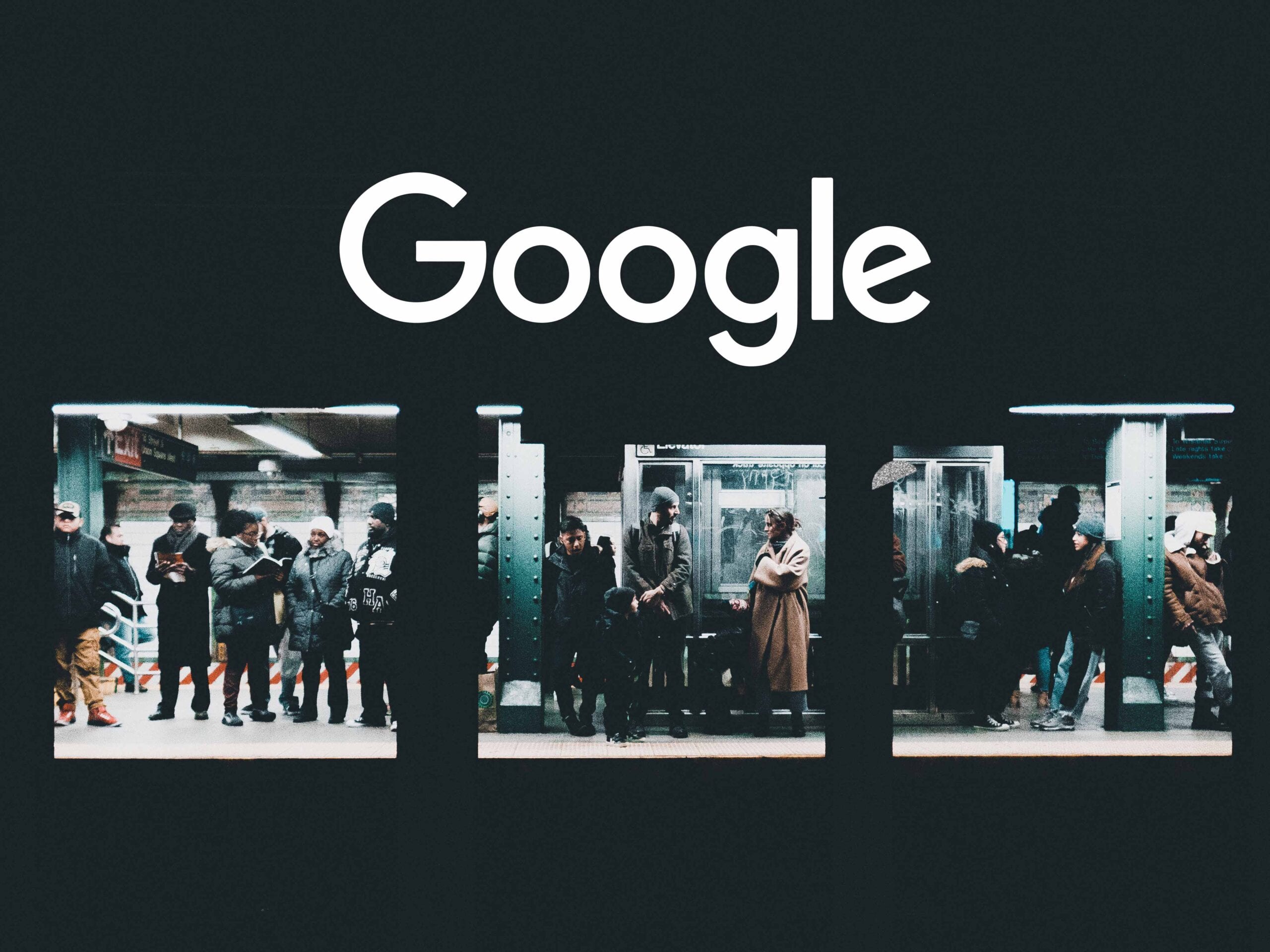Chances are, Google knows your exact location as you read this article – but why, how, and what else do they know about you? With Google being not only a search engine, but one of the largest technology companies in the world, they have acquired ways to collect and process data to target users with the overall mission of bettering those users’ online experience. This data is stored, secured, and made accessible at all times, which I’ll show you how to access and manage in this article.
Let’s start with a few things that Google might know about you right now:
- Where you work, live, and hangout
- What music you listen to
- Books you’ve read
- Phones you’ve owned
- Saved bookmarks
- Email correspondence
- Personal and work contacts
- Google drive files
- YouTube videos
- Photo albums
- Google purchase history
- Calendar invites and data
- Google hangout sessions
- How many steps you take in a day
Here is a quick video introduction from Google about their privacy policy.
Google’s Privacy Policy
Now, let’s go over how they have access to this data. Google is very transparent when it comes to what data they store and how they collect it. You grant Google access to collect this information by agreeing to their Terms & Conditions when you first create a Google account. This is outlined on their website here:
You Have a Personal Ad Profile with Google
You may have often wondered how Google knows what you like or what you’re interested in. Well, the answer to that question is your Ad Profile. Google collects data about you and creates a dashboard of information that you have access to and can export at anytime. You can manage and browse the information Google has stored on you by visiting the following link and making sure you are signed into your Google account here:
Google Tracks Your Account With Analytics
Another tool used by businesses and marketers is Google Analytics. Google Analytics enables a website administrator to see what pages you viewed on their website, how many times you have visited it, what keywords you searched to find the page, and much more. You can choose for Google not to track your website browsing by opting out here:
Google Knows Your Entire Search History
It’s no secret that Google is a search engine, and it’s also no secret that they save their users searches. Google tracks anything you’ve search and clicked on with all devices where you’ve signed into your Google account. You can view this full log of information and manage your data by visiting and signing into your Google account here:
Google May Know Where You’re at Right Now
If you have an Android phone or use Google Maps, there’s a high possibility that your mobile device’s location is being sent and stored with Google. This allows Google to know where you work, live, and hangout. Check out all the locations you may have store by signing into your Google account below:
Want to Export All of Your Data from Google?
You have complete access and control of your data with Google, meaning you can export and discover what they have learned about you whenever you want. The data can include anything from your emails, bookmarks, contacts, documents & files, personal info, your youtube videos, photos, etc. Download all of your data here by clicking the link below and signing in with your Google account here:
How Secure Is Your Data?
Your data with Google is stored on servers in secure data centers and is encrypted through multiple levels of security. This data is split into chunks and each chunk is then encrypted with keys, these keys are then stored with that data and encrypted again. The process is obviously a lot more complicated than that, but that is the gist. Here are a few ways your data is probably more secure with Google:
Your household mail is more likely to be read by someone than your Gmail getting hacked.
Your coworkers are more likely to spread your secrets than your Google Home.
You have a higher chance of getting a physical document stolen from your office file than from your Google Drive.
Google’s products are designed, managed, and secured by some of the most highly skilled professionals in their fields. It’s not always Google we should be worried about leaking our data, it’s us.
Keeping Your Account Secure
Here are a few ways to keep your account secure:
- Create a strong and unique password. No, password1234 does not count.
Google recommends for account holders to use two-step verification adding an extra layer of protection that requires access to your phone or an authentication app. - Always fully log out of your account when using a shared or public computer. For instance, in a library, school, or when using another person’s device.
- Google may have access to your information but it’s important to remember that you are always in control of what information you give them. Knowledge is power and knowing how and why your data is being stored can be the key to confidently navigating the world of Google with ease.




